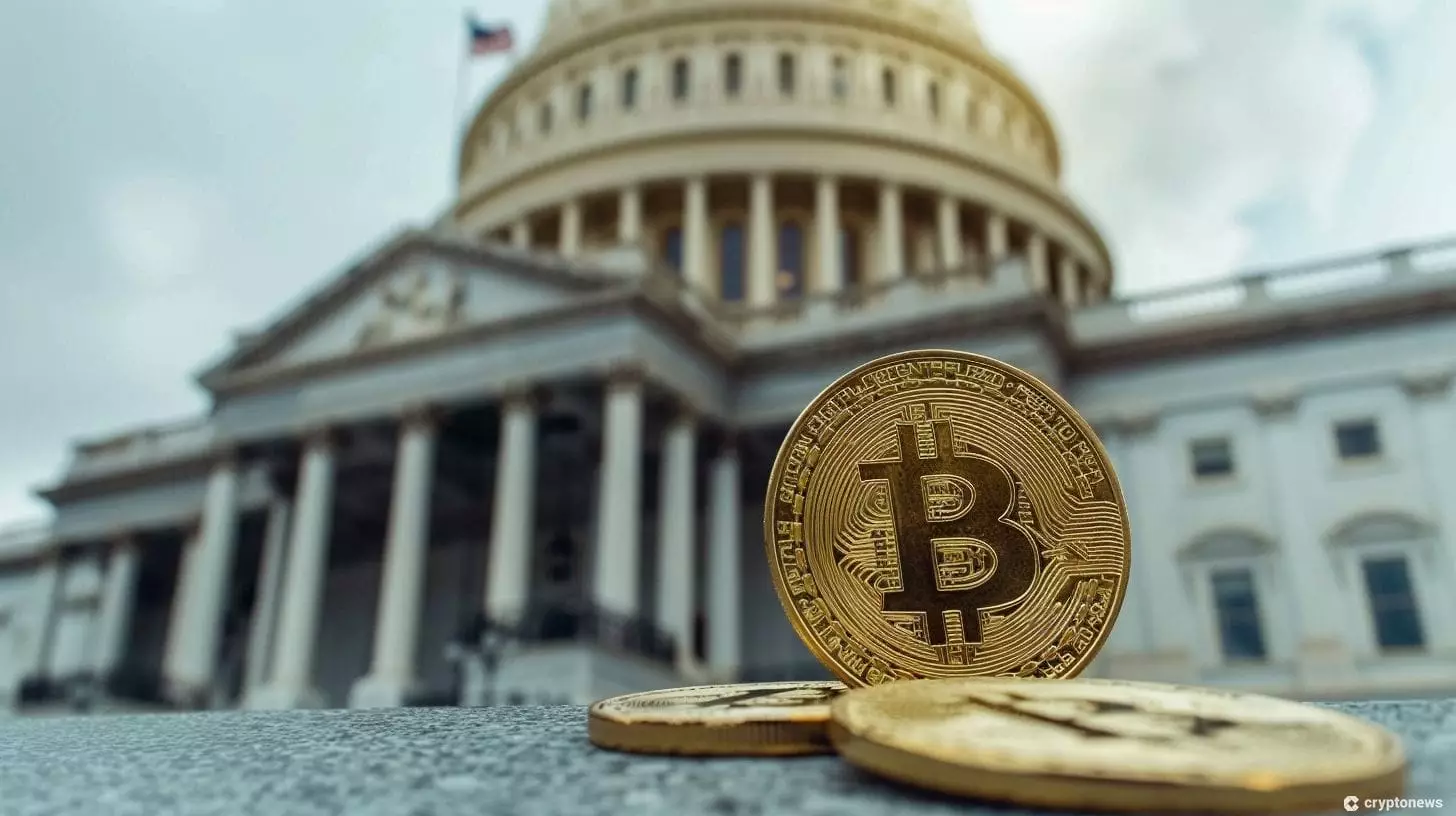SEC Chair Gary Gensler recently released a statement criticizing the Financial Innovation and Technology for the 21st Century Act (FIT21), just ahead of the expected vote on crypto regulation in the House. According to Gensler, the bill could potentially create new regulatory gaps and undermine decades of precedent regarding the oversight of investment contracts. He argued that this could ultimately put investors and capital markets at immeasurable risk. Gensler specifically mentioned that FIT21 could work against established securities law by negating the Howey Test and relaxing regulations on investment contracts, which would allow crypto operators to “self-certify” their products. Gensler emphasized the importance of protecting the investing public over facilitating the business models of non-compliant firms.
Gensler’s comments come at a time when there is increasing momentum for crypto regulation on Capitol Hill. Lawmakers have recently taken steps to challenge the SEC’s regulatory approach towards digital assets. In fact, both chambers of Congress voted on a resolution that would overturn the SEC’s controversial crypto accounting guidance known as SAB121. This signifies potential pushback from U.S. lawmakers regarding the SEC’s handling of cryptocurrencies. Senator Cynthia Lummis, a strong advocate for crypto, hailed the resolution as a win for financial innovation and a clear rebuke of the Biden administration and Gary Gensler’s policies.
Throughout his tenure, Gensler has faced opposition from key players in the crypto industry. The SEC has initiated several litigations against digital asset organizations for allegedly violating U.S. securities laws. Ripple, a prominent blockchain firm, has been embroiled in a legal battle with the SEC over the sale of its cryptocurrency XRP. Ripple’s Chief Legal Officer, Stuart Alderoty, has been vocal in criticizing Gensler’s leadership of the SEC.
Stuart Alderoty took to social media to express his discontent with Gensler’s approach, stating that Gensler had underestimated the complexities of the crypto industry. Alderoty accused Gensler of overplaying his hand and trying to assert authority without proper oversight. He emphasized that Gensler’s actions had made him a political liability rather than an effective regulator.
If FIT21 were to be advanced by U.S. lawmakers, it would signify a significant step towards establishing a regulatory framework for cryptocurrencies. This would not only mark a pivotal moment in the government’s approach to digital assets but also serve as a clear rebuke of Gensler’s treatment of the crypto industry.
The potential implications of the Financial Innovation and Technology for the 21st Century Act are vast and far-reaching. The ongoing debate surrounding crypto regulation highlights the complexities and challenges faced by regulators, lawmakers, and industry participants. Ultimately, the decisions made in the coming days could shape the future of digital assets in the United States.


















